by Rob Hoos, Director of Coffee at Nossa Familia Coffee
My excitement about bringing an ongoing relationship with coffee producers in Ethiopia is multifaceted. Ethiopia is the birthplace for Arabica coffee. A land-race of C. Canephora (Robusta) coming from the West encountered C. Eugenioides which was moving north. Then, something rare and magical happened. The species cross-pollinated and formed a single plant that became the mother of a completely new species of coffee: Arabica.
All Arabica coffee on the planet traces its lineage back to the forests of Ethiopia. Here, ages of natural mutations and crosses have formed the most diverse subset of Arabica cultivars/varieties on the planet. Here, where much of the coffee is still harvested from forests and exists very differently than on the planned farms around the world much of the coffee is unclassified and thus broadly referred to as Heirloom. The flavors of Ethiopia are diverse, exquisite, and in many ways unique. The flavor, being one of the first profound tasting experiences I recall in my journey in specialty coffee.
When I started as a roaster in Cincinnati, Ohio, one of the first coffees I had in my dossier to roast was a beautiful Ethiopian coffee from Harrar that was produced from coffee dried in cherry (“Natural process” in the parlance of our times). This coffee tasted like blueberry pie to me, and whether the past is seen with rose-colored glasses or not it remains a profound experience that helped form my early experience roasting. As I continued to roast and taste coffees from Ethiopia I encountered another flavor profile that is still something I seek after in coffees from Ethiopia—namely, that classic citrus, peach, floral combination. These flavors still excite me to this day.
At Nossa, we’ve considered bringing on an Ethiopian partnership for quite some time. Our coffee sourcing philosophy as a company includes working directly with farmers as closely as we can, including meeting them and setting sustainable prices with the producers. We also work with responsible and trusted importers who have longstanding, sustainable relationships with producers. For Ethiopia, our goal was to work with people that were able to introduce us to a producer or group of producers (usually through a washing station) that was able to give us the level of transparency and directness that we’ve been able to have with partner farms for the last 7 years.
Fast forward to 2019, and some friends of mine who had been working with Ethiopian coffees as well as doing various types of QA/QC and consultation decided to go all in on Ethiopia and not only spend months there as a family each year, but work directly with producers and small washing stations. I’ve known Emily and Michael McIntyre for a very long time (7 years at the time of writing) and have been friends/friendly for the majority of that time, and their organization Catalyst Trade represented a great opportunity for us to start featuring an Ethiopian coffee that ticked all the boxes.
Enter Sareji, our first coffee from Catalyst Trade. This coffee is from the Sareji Abude Madena Village, in West Guji, and grown between 2005-2020 meters above sea level. Coffees in Guji are grown under shade trees, including enset (false banana), wanza, bamboo, and avocado. Rather than being grown on single-producer estates, coffee in the Guji Zone is purchased from nearby farmers who pick from their backyards, where coffee flourishes wild as a cash crop. The generally small farm size, between a half-hectare up to two hectares, typically means a multi-generational family produces between one to three 60kg bags of coffee. Unlike in many other coffee origin countries, producers do not hire a mix of transient and year-round workers to pick cherries. Instead, coffee farmers pick their own crops, aided by family members. Washing stations often pay a premium to the producer for selling ripe cherries only.
Sareji coffee is washed processed at the Mekonissa Washing Station, where the coffee goes through a series of cement washing channels, a 5-disk depulper, and then fermented from 16-48 hours depending on factors such as temperature and cloud cover. The coffee is transferred to drying tables, where it is stirred regularly and covered when the sun is at its peak. Unlike many cooperatives in Ethiopia that encompass thousands of growers, this washing station represents only about 95 growers. Mekonissa is owned by Aklilu Kassa, a fourth-generation coffee producer who takes his trade seriously. The station has earned C.A.F.E. Practices certification, which includes gender equity training and no child labor.
Our flavor notes for this coffee are peach and lemon-drop candy with tea-rose and faint jasmine, honey water, and a slight dulce-de-leche. It’s a fabulous start to what will be a long, and delicious history.
Photos from Ethiopia - Sareji
(photo credit & so many thanks to Catalyst Trade)
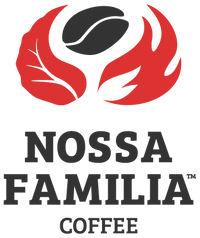










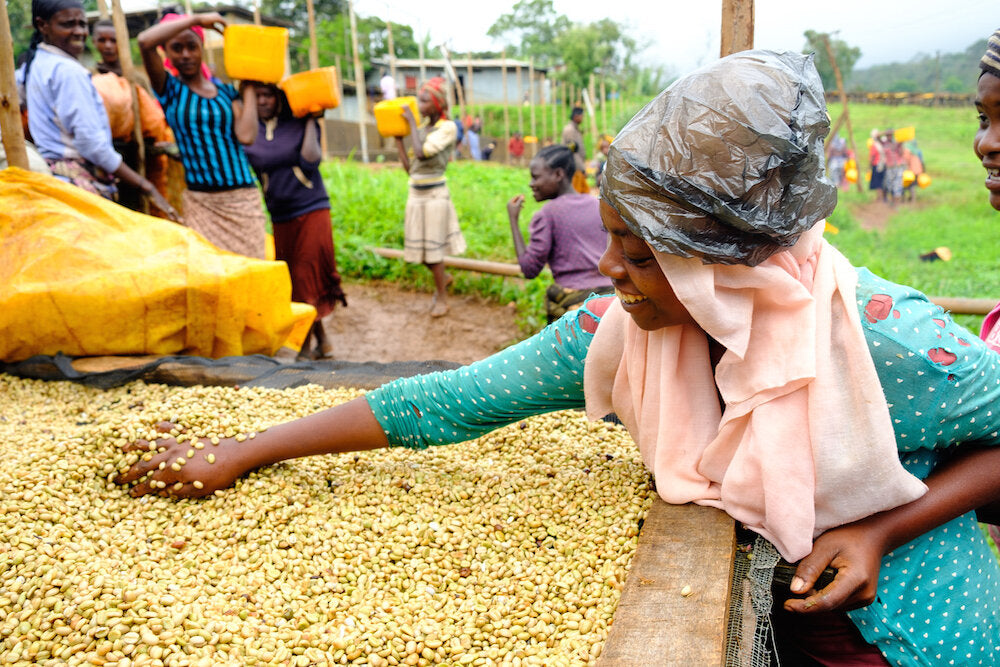


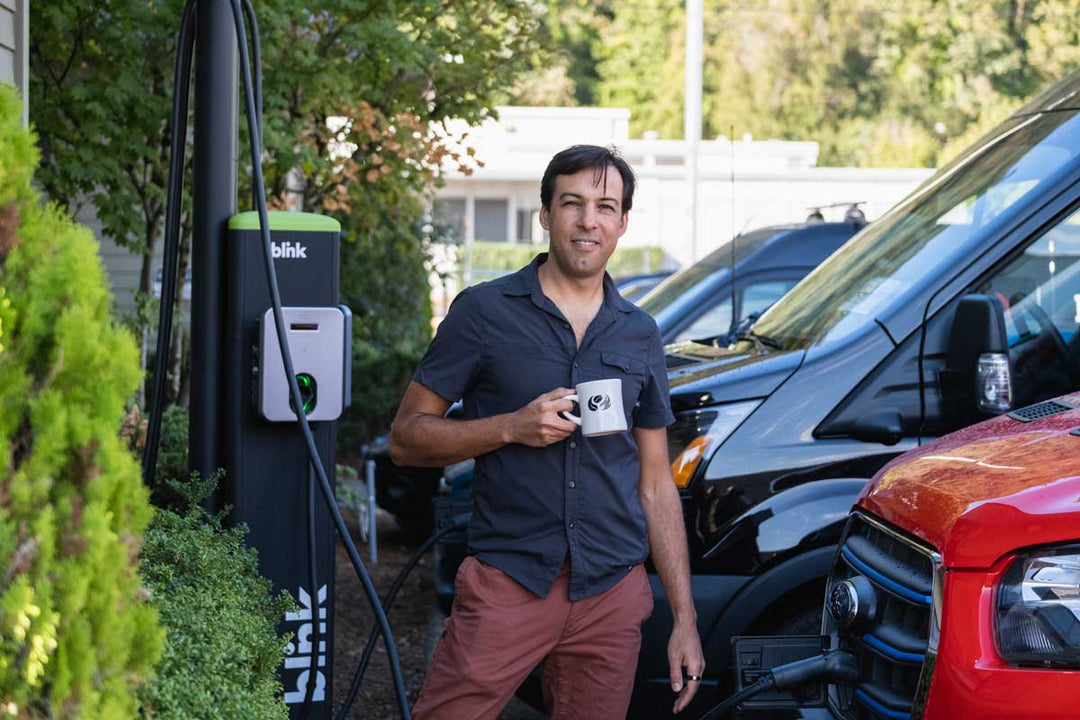
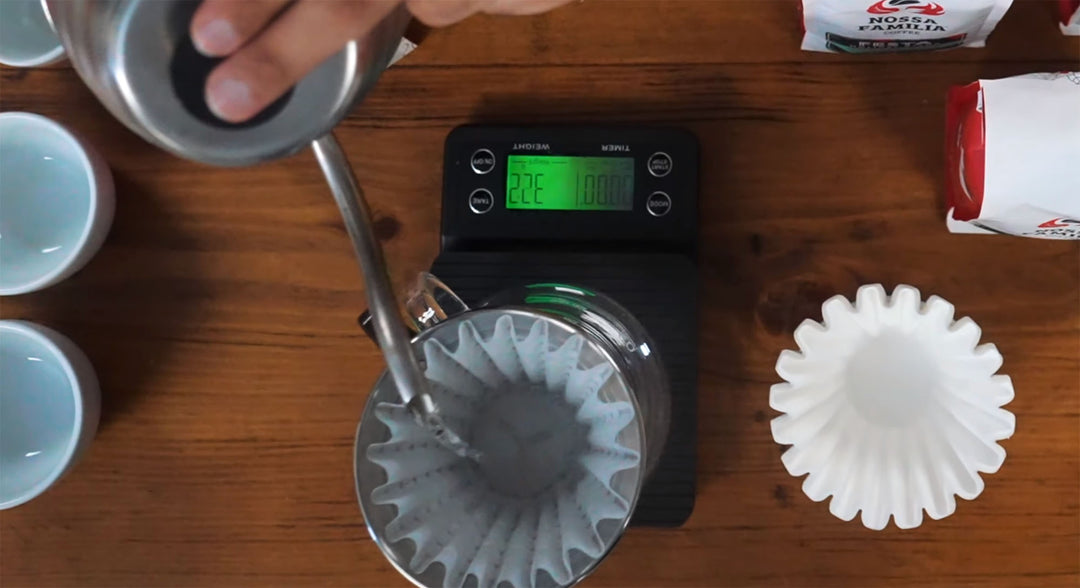
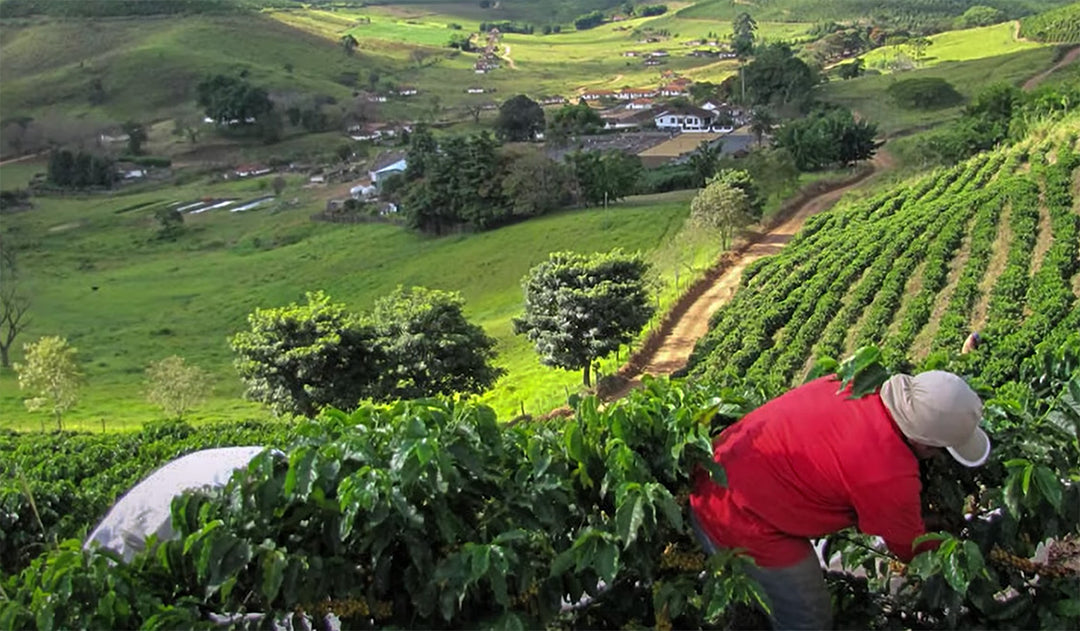
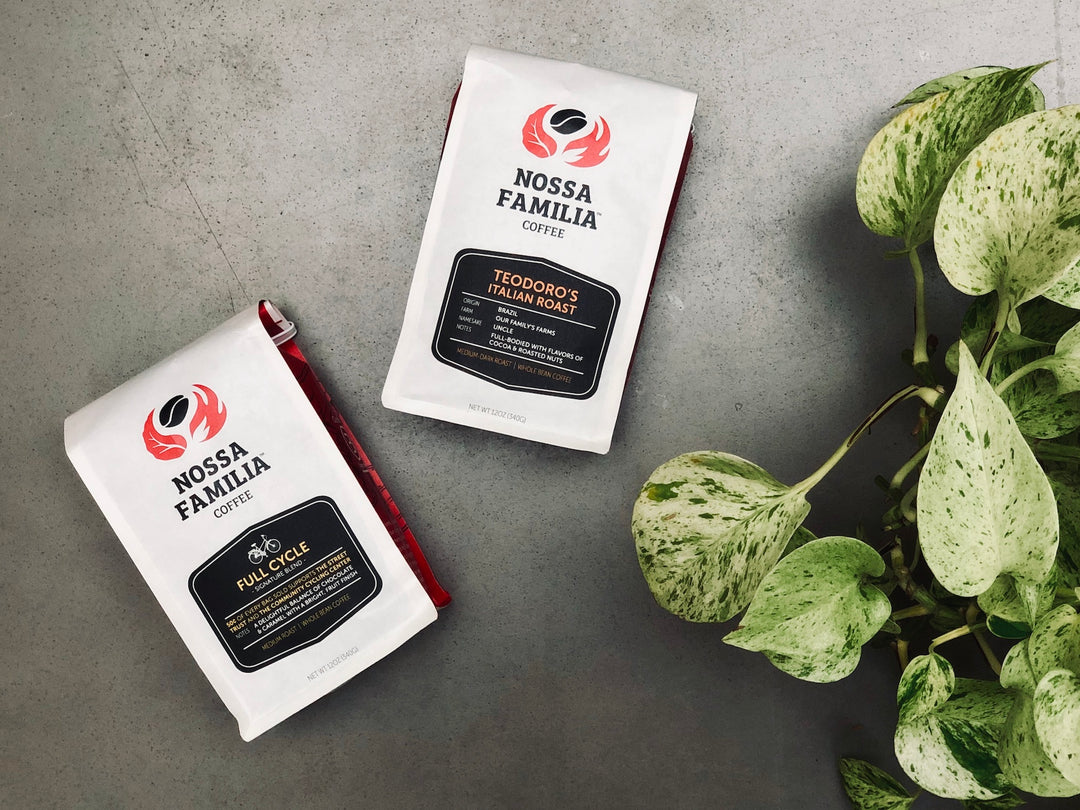
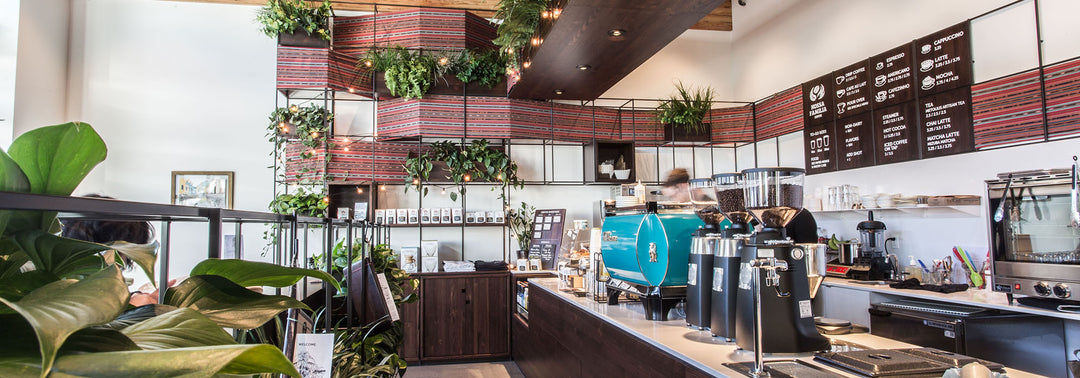
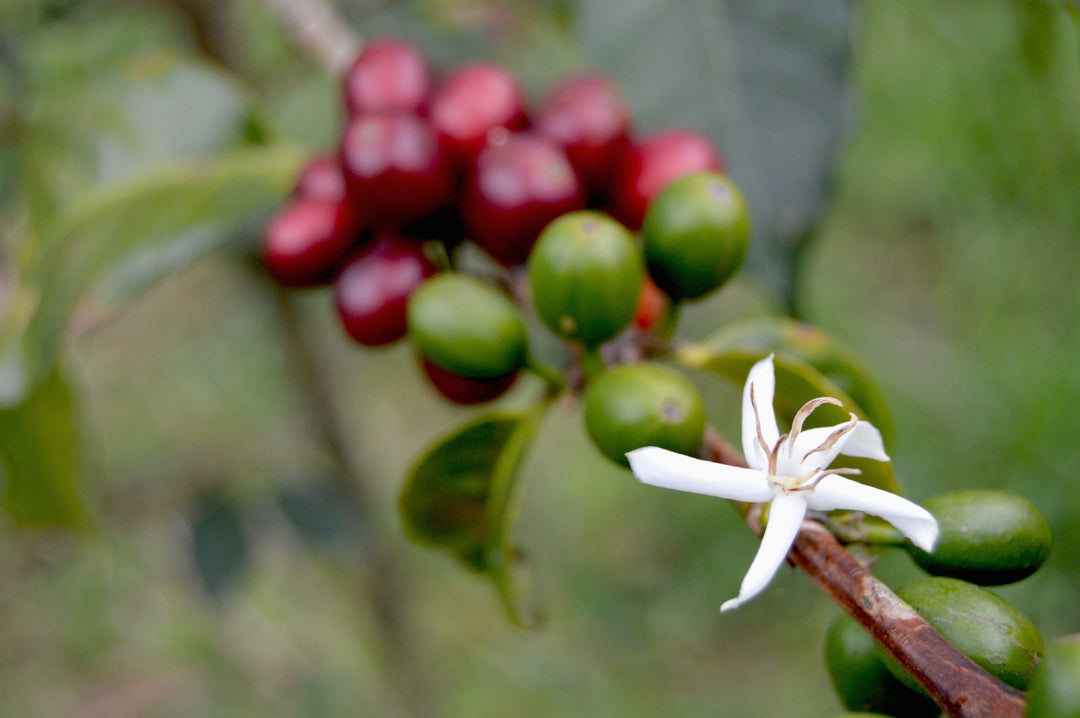

Leave a comment